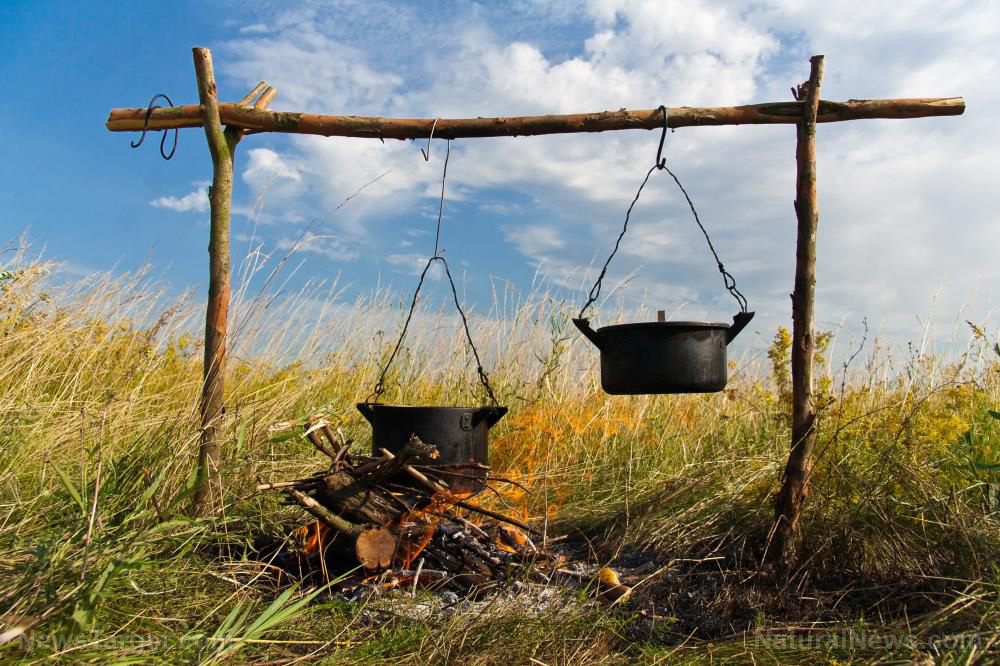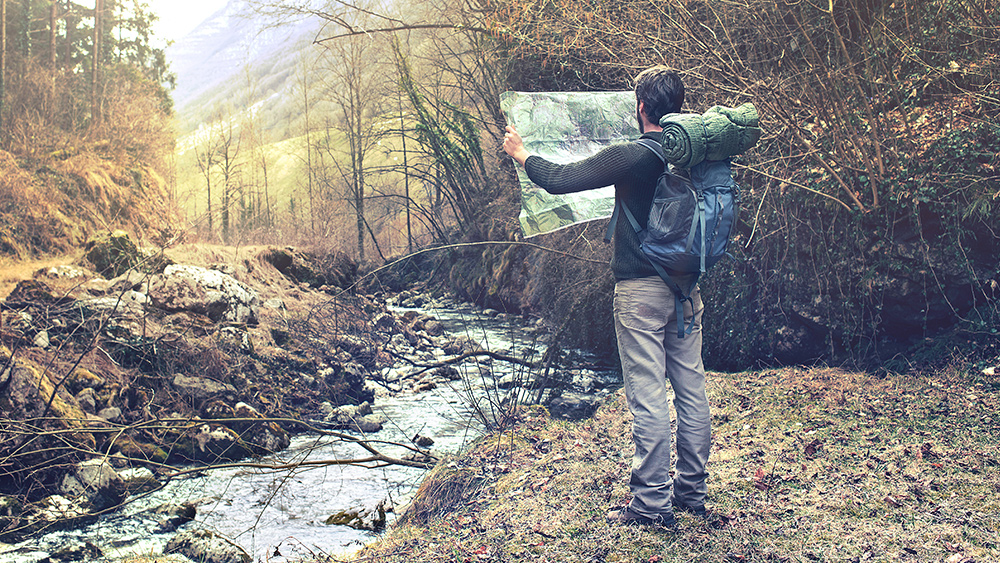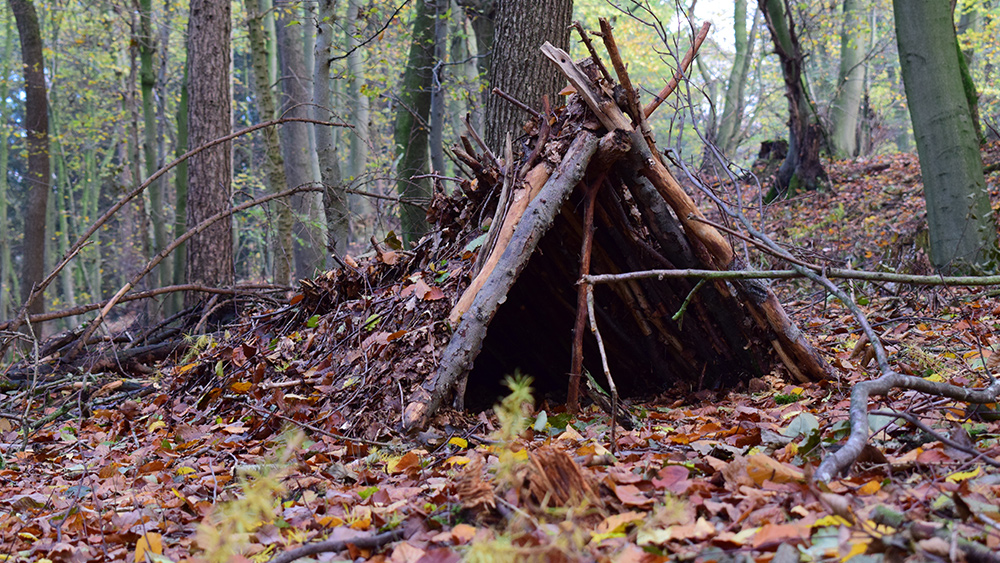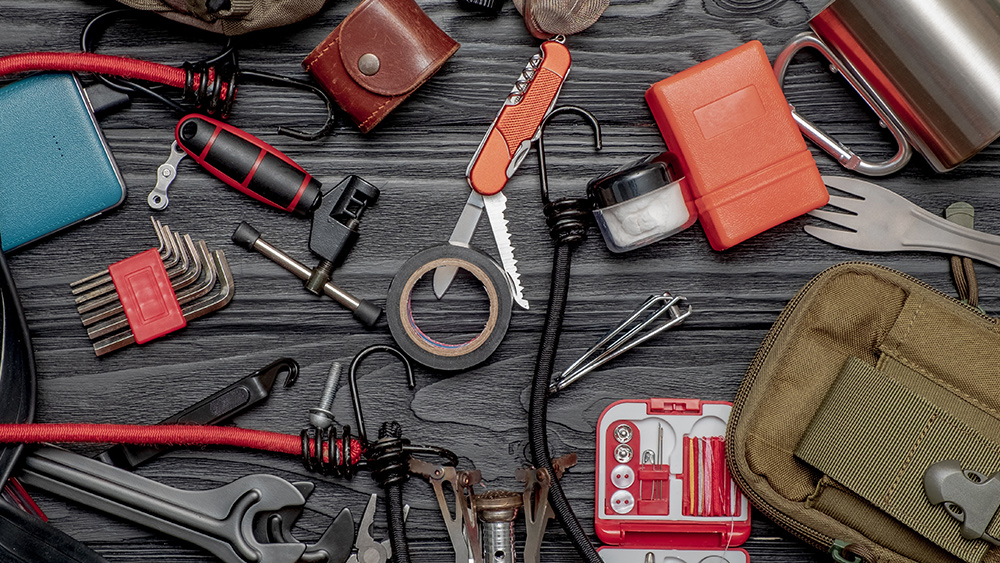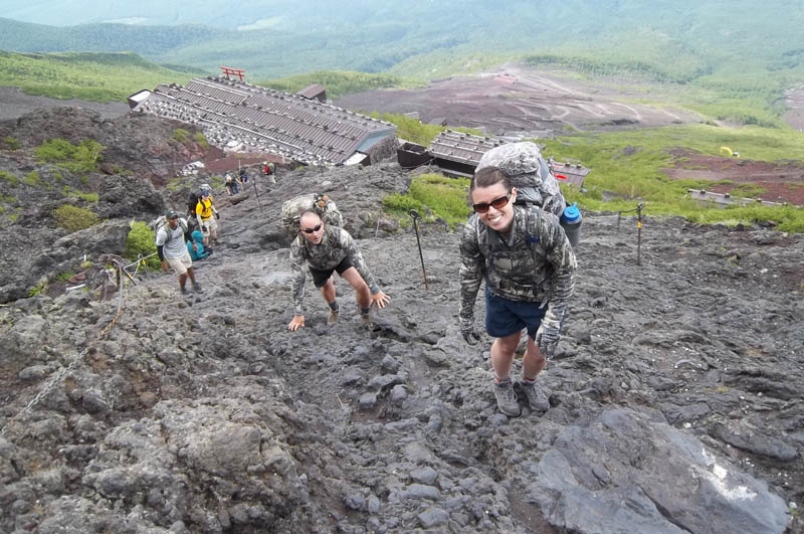
The Health Ranger Mike Adams doesn't like the survival odds of staying in a city apartment during a massive collapse. For him, it is much better to bug out in that scenario.
"Based on the depth of collapse that I believe is coming especially to American cities, I don't think that apartments are going to be a very high survival type of situation," Adams said during a recent episode of "Prep with Mike."
"The truth is if you are living in an apartment your survival odds go way down just from the fact that you are in a high-density building. And you probably don't have good access to surface water when the water system goes down. It is crucial to have a bugout location."
He noted that other people living in the same apartment building may not be prepared and will look for ways to survive. Chances are high that these people will raid your apartment the moment they find out that you are better prepared than them to survive a collapse.
The Natural News founder added that people can't stockpile enough necessities like food and water in an apartment because of limited space. (Related: Emergency essentials for apartment preppers: 10 items for your bugout bag.)
Rural area is a better place to stay during collapse
Adams, also the founder of Brighteon.com and Brighteon.TV, pointed out that instead of trying to survive in an apartment with no electricity, water, food, emergency response services, etc., it is much better to bug out in a rural area even if that means you have to live in a tent.
"I would rather live in a high-quality canvas tent out in the woods during a collapse than live in a city apartment where everybody is going to lose their minds," he said.
The activist and science lab director added that it is important to think about bugout options, such as the need for mobility. Having paper maps and knowing how to use a compass are essential when navigating in a bugout vehicle or on foot.
Adams noted that the roads are going to be death traps with checkpoints and possibly gangs waiting. The safest way to bug out, he said, is via cross-country walk. "Walking along railroad tracks might be one of the best ways to get out of the city," he said, adding that those who are bugging out also need a firearm with extra ammo and a carryall backpack that has a water filter.
"The gear that you need kind of answers itself once you realize that you can't stay in an apartment building during a massive collapse or that it's almost impossible to stay in an apartment depending on how bad it gets," Adams explained.
It is also important have advanced information and bug out on time. He noted that the only successful way is to leave ahead of the masses and not wait around for other people to panic.
Having predefined markers of things going bad is necessary so that you will know when it is time to get out of the city.
Adams said if the food stamp system goes down, it might be a clear sign that you need to get out of the city. Mass looting, carjacking, people being shot or mobbed in grocery stores or parking lots and other similar things happening can also be a signal that you have to leave already. A declaration of martial law or some kind of a wartime declaration by the federal government can also be a sign.
A martial law declaration could mean a lockdown and a rollout of highway checkpoints to stop the mobility of people. Adams pointed out that you have to get out before the checkpoints come down or you won't be able to leave the city.
In line with that, Adams said it is critical to stay tuned to independent media websites to know what's really going on. He said reading news from alternative media would also let you know things before the others do.
"The things that are only being revealed today in mainstream media have already been reported a year ago on Natural News and sometimes days earlier depending on the nature of the event," he said.
Follow Preparedness.news for more news about prepping and bugging out.
Watch the video below to know when to bug out of the city.
This video is from the Health Ranger Report channel on Brighteon.com.
More related articles:
DEFEND YOURSELF: PrepWithMike reveals the single best car/truck gun for close-range self-defense.
Don't let fear stop you: How to prep without succumbing to your worries.
Prepper essentials: 50 Emergency items to stock up on before disaster strikes.
Sources include:
Please contact us for more information.
















